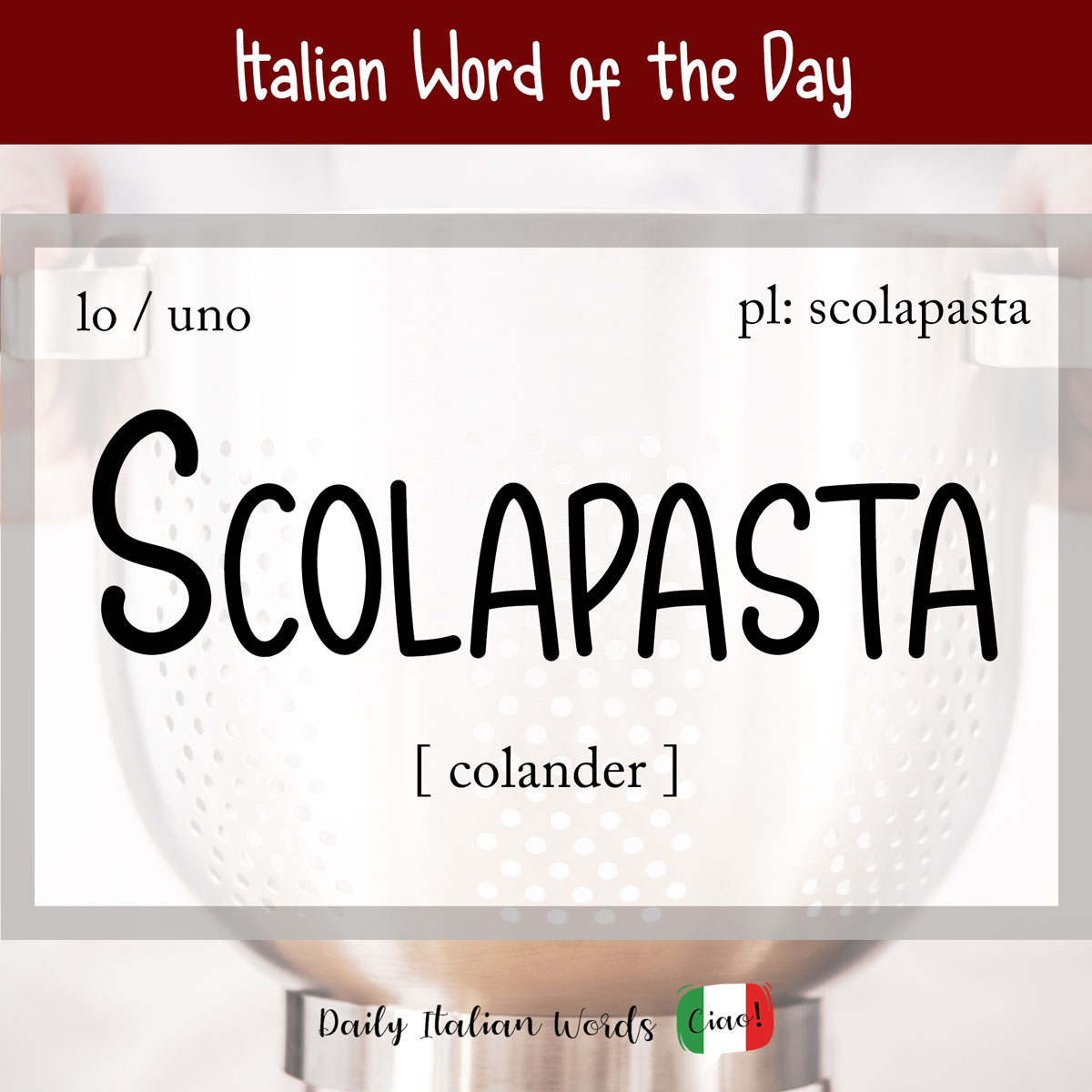
[ad_1]
A few of you would possibly suppose that is an uncommon selection for the phrase of the day, however primarily based on latest conversations in our Fb group, it’s additionally considered one of your favourites!
Scolapasta, which is made up of two phrases – the verb scolare (to empty or to pressure) and the noun pasta – actually means “pasta strainer”.
scolapasta
colander
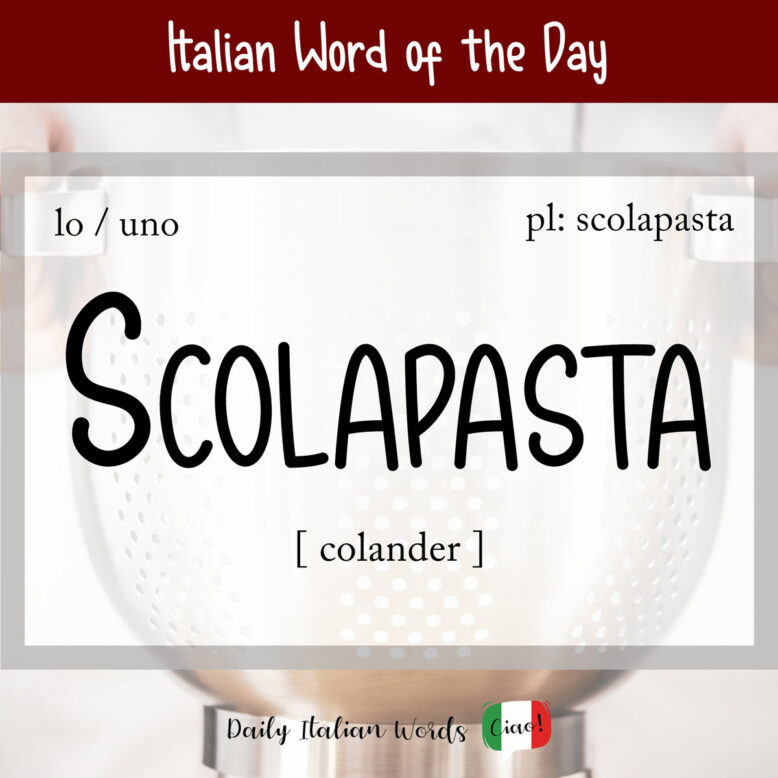
Regardless of ending in an -a, it’s a masculine noun and invariable in its plural type. It takes the next particular and indefinite articles:
- lo scolapasta = the colander
- gli scolapasta = the colanders
- uno scolapasta = a colander
- degli scolapasta = (some) colanders
As you may see, scolapasta doesn’t change to *scolapaste/i within the plural. It’s because it’s invariable, a technical time period indicating {that a} noun retains the identical type in each the singular and the plural.
Ho ereditato uno scolapasta da mia mamma.
I inherited a colander from my mother.
Whereas the model beginning with the prefix s- is essentially the most widespread, you may also come throughout the phrases colapasta (colare “to pressure” + pasta) and colabrodo (colare “to pressure” + brodo “broth”) to consult with a colander. Colare and scolare imply the identical factor, however the s- “confers an intensive worth in comparison with the unique verb” based on Treccani.
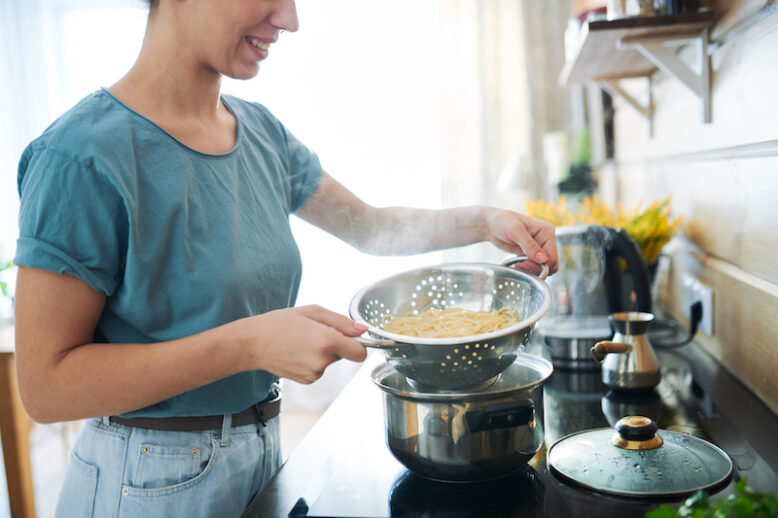
In some dialects of Italian, it’s known as a scola macaron (actually “a macaroni strainer”) or sculapasta (primarily Sicilian).
One other phrase that belongs to the identical kitchen utensil household as scolapasta is colino, which in English is known as a strainer, sieve, or sifter.
Mi passi il colino? Devo filtrare il succo.
Are you able to go me the sieve? I’ve to pressure the juice.
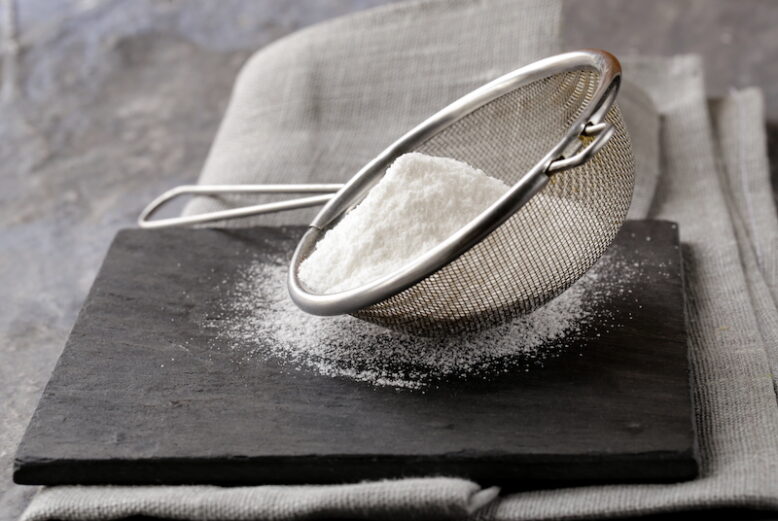
Another associated phrases you would possibly encounter embody setaccio, which is a wheel-shaped sifter used to separate small particles from giant ones, and the old style vaglio, which at this time, largely exists in figurative expressions like passare al vaglio (which means “to look at fastidiously earlier than coming to a conclusion”).
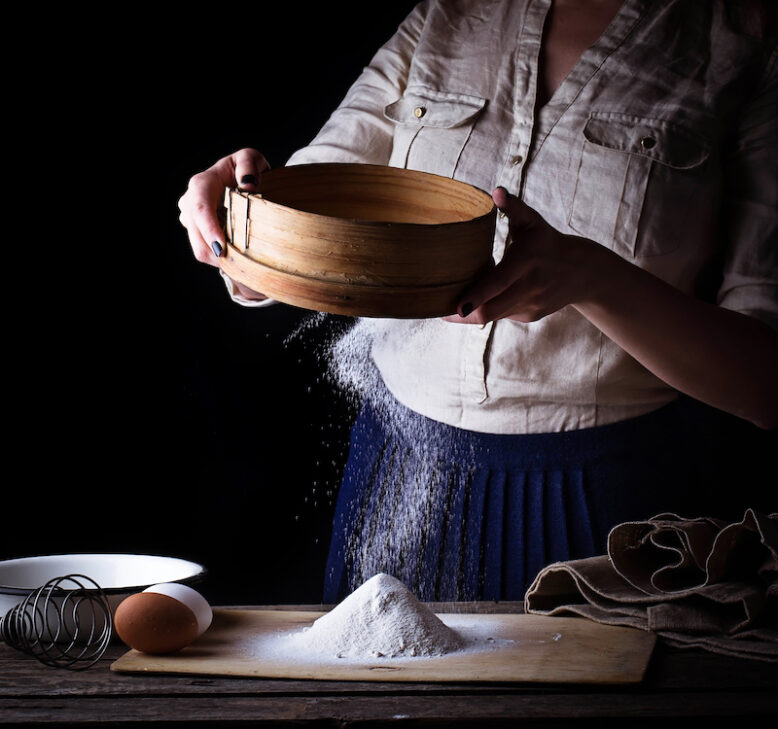
Beneath are another on a regular basis kitchen utensils in Italian that we use when making ready a meal:
- coperchio = lid
- pentola = pot
- padella = pan
- fornello = burner
- sbucciatore = peeler
- mestolo = ladle
- cucchiaio di legno = picket spoon
Heather Broster is a graduate with honours in linguistics from the College of Western Ontario. She is an aspiring polyglot, proficient in English and Italian, in addition to Japanese, Welsh, and French to various levels of fluency. Initially from Toronto, Heather has resided in varied international locations, notably Italy for a interval of six years. Her main focus lies within the fields of language acquisition, schooling, and bilingual instruction.
[ad_2]